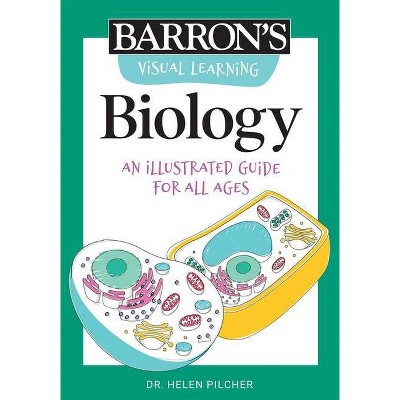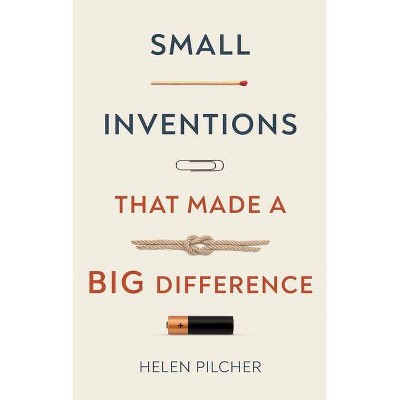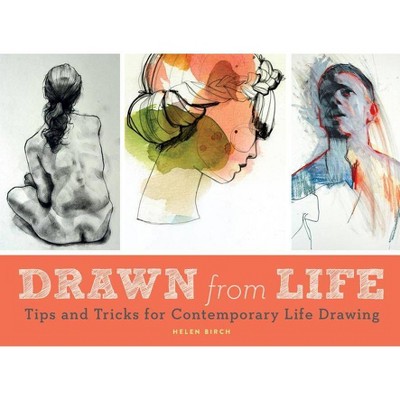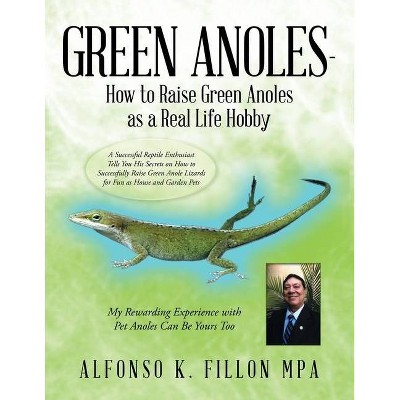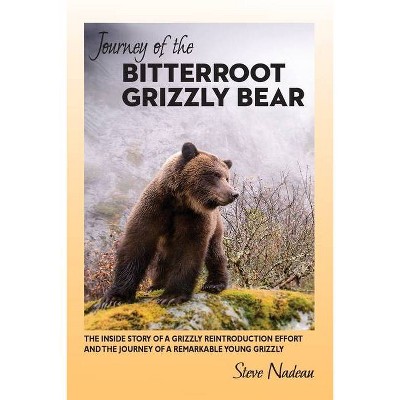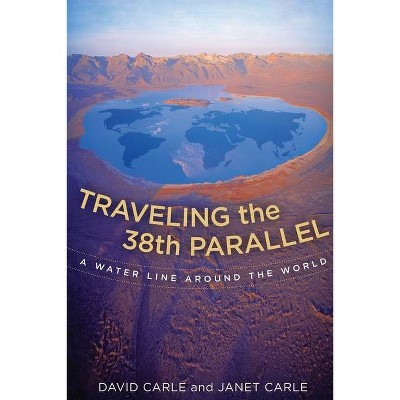Life Changing - by Helen Pilcher (Paperback)
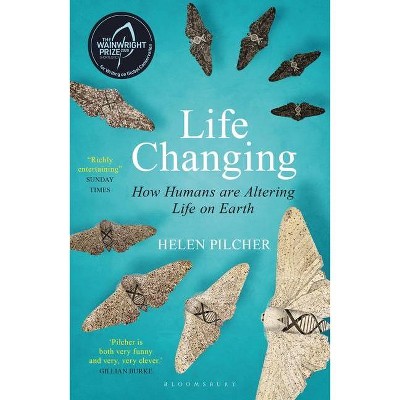
Similar Products
Products of same category from the store
AllProduct info
<p/><br></br><p><b> About the Book </b></p></br></br>In this post-natural history guide, Helen Pilcher invites us to meet key species that have been sculpted by humanity<p/><br></br><p><b> Book Synopsis </b></p></br></br><p><b>SHORTLISTED FOR THE WAINWRIGHT PRIZE FOR WRITING ON GLOBAL CONSERVATION<br></b><br><b>'Pilcher is both very funny and very, very clever.' Gillian Burke</b> <p/><b>'Richly entertaining throughout.' <i>Sunday Times</i><br></b><br>For the last three billion years or so, life on Earth was shaped by natural forces. Evolution tended to happen slowly, with species crafted across millennia. Then, a few hundred thousand years ago, along came a bolshie, big-brained, bipedal primate we now call Homo sapiens, and with that, the Earth's natural history came to an abrupt end. We are now living through the post-natural phase, where humans have become the leading force shaping evolution. <p/>This thought-provoking book considers the many ways that we've altered the DNA of living things and changed the fate of life on earth. We have carved chihuahuas from wolves and fancy chickens from jungle fowl. We've added spider genes to goats and coral genes to tropical fish. It's possible to buy genetically-modified pets, eat genetically-modified fish and watch cloned ponies thunder up and down the polo field. <p/>Now, as our global dominance grows, our influence extends far beyond these species. As we warm our world and radically reshape the biosphere, we affect the evolution of all living things, near and far, from the emergence of novel hybrids such as the pizzly bear, to the entirely new strains of animals and plants that are evolving at breakneck speed to cope with their altered environment. <p/>In <i>Life Changing</i>, Helen introduces us to these post-natural creations and talks to the scientists who create, study and tend to them. At a time when the future of so many species is uncertain, we meet some of the conservationists seeking to steer evolution onto firmer footings with novel methods like the 'spermcopter', coral IVF and plans to release wild elephants into Denmark. Helen explores the changing relationship between humans and the natural world, and reveals how, with evidence-based thinking, humans can help life change for the better.</p><p/><br></br><p><b> Review Quotes </b></p></br></br><br><p>"An impressive rendering of the disturbing history of human tinkering with nature." --<i>Kirkus Review</i> <p/>"Pilcher's amusing yet grounded excursion into the essential ways humans, animals, plants, and microorganisms must coexist is both a rich and riotous popular science trove well worth contemplating." --<i>Booklist</i></p><br><p/><br></br><p><b> About the Author </b></p></br></br><p>Helen Pilcher is a science writer and comedian, with a PhD in stem cell biology and years of stand-up comedy under her belt. Helen has worked as a freelance writer for the last 12 years, and she has written for the <i>Guardian</i>, <i>New Scientist</i>, BBC online, <i>BBC Wildlife</i> and <i>Nature</i>, for which she was formerly a reporter. <p/>Helen's previous book for Bloomsbury Sigma, <i>Bring Back the King</i>, was Radio 2 'Fact not Fiction' book of the week; it was described by comedian Sara Pascoe as 'science at its funniest'. <p/>@HelenPilcher1</p>
Price History
Cheapest price in the interval: 16.99 on October 27, 2021
Most expensive price in the interval: 16.99 on December 20, 2021
Price Archive shows prices from various stores, lets you see history and find the cheapest. There is no actual sale on the website. For all support, inquiry and suggestion messages communication@pricearchive.us
